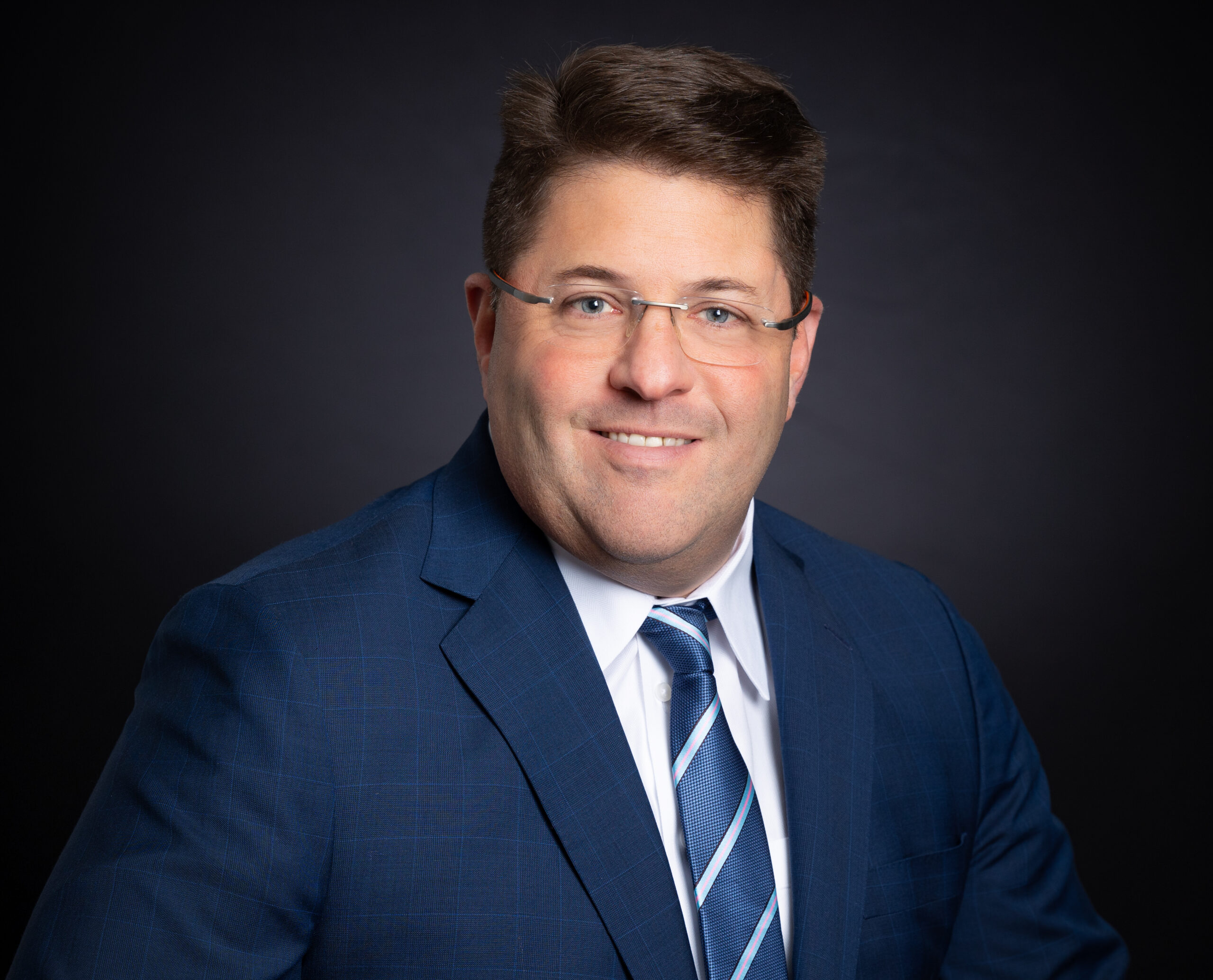
Many New York seniors rely on Medicaid to fund their long-term care. Medicaid will cover nursing home care for those 65 and older who meet the financial eligibility criteria. It also pays for assisted living facilities, home health, and non-medical services that allow seniors to remain in their homes.
These Medicaid services are available only to those residents with limited income and assets. The government carefully scrutinizes the income streams and assets available to the candidate and their spouse during the application process to see if they qualify. Additionally, New York has long imposed a five-year “lookback” period for those applying for institutional Medicaid. This rule requires applicants to disclose all their financial transactions in the five years leading up to their application. The Department of Social Services looks for any inappropriate transfers or gifts made for the purpose of meeting the financial requirements. If it finds transfers that violate its rules, it will impose a penalty period during which the person is ineligible for Medicaid nursing home coverage.
To date, there has been no Medicaid lookback period for community-based and in-home long-term care services. New York intended to impose one beginning on January 1, 2021, but had to delay implementation because of COVID-related restrictions. Assuming it is allowed to proceed with its plans, the state now intends to implement a lookback period for community Medicaid effective October 1, 2022.
How Will New York Implement Its Medicaid Lookback Law?
Individuals who apply for community Medicaid on or after October 1, 2022, will be required to disclose earlier financial transactions. After the first delay in starting the program, the government stated it would look back to October 1, 2020, for applications arriving on January 1, 2022. It then would increase the lookback period each month until it capped out at a 30-month lookback window.
Presuming New York maintains this same phased implementation plan, those applying after October 1, 2022, would be subject to a 15-month lookback period. This window would increase monthly until it reached 2.5 years.
What Services Will the Lookback Rules Affect?
New York State lists the following community-based long-term care services as the ones that the new initiative will impact:
- Adult daytime health care,
- The assisted living program,
- Certified home health agency services,
- Personal care services,
- Consumer-directed personal assistance program,
- Limited licensed home care services, and
- Private duty nursing care.
The program will also apply to those who enroll in managed long-term care plans and remain in a community-based setting.
How Does the Penalty Work?
As with the 60-month lookback period for institutional care, Medicaid will be looking to see if applicants transferred any assets at below fair market value during the 30-month window. Such assets include things like cash, investments, vacation homes, and extra vehicles. Usually, the home you live in, one car, and personal belongings are exempt. A Medicaid planning lawyer can advise you on how various other financial accounts and instruments will be classified.
The program also exempts transfers to certain categories of individuals. In particular, gifts or sales to the following generally will not impact eligibility:
- Your spouse,
- A blind or disabled child, or
- A supplemental needs trust for a disabled person under age 65.
COVID-19 stimulus checks also do not count as income or assets.
If the state determines that you improperly transferred property, it will impose a penalty equal to the asset’s value. That amount will be divided by the monthly cost of care. The result will be the length of the penalty period. For example, if you transferred a $26,000 asset and your community-based care costs $13,000 per month, Medicaid assesses a two-month penalty.
What Can I Do to Avoid a Penalty?
The community care lookback period does not apply to Medicaid applications filed before October 1, 2022. So the easiest option is to file today. It also will not apply to individuals who already receive long-term care through Medicaid and are “grandfathered” into the system. The lookback rules and any resulting penalties will come into play only if you file a new application on or after October 1, 2022.
If you cannot make that deadline, there are allowable ways to “spend down” income and assets that put you over the Medicaid eligibility threshold. Options include paying medical bills, modifying your home to make it wheelchair accessible, adding home safety devices that foster independence, and prepaying funeral and burial expenses. But again, you must ensure you pay fair market value for these items.
It is best to consult with an experienced Medicaid lawyer before making any expenditures to ensure that you comply with regulations. You do not want to suffer a penalty that delays Medicaid coverage just when you have depleted your reserves.
Contact the Law Office of Andrew M. Lamkin P.C. for Assistance
Many people cannot afford home health care but believe they will not qualify for Medicaid. This assumption often is incorrect. Andrew Lamkin can work with you to create a plan that allows you to protect your spouse and some of your assets while making you eligible for the benefits you need. And with the lookback period set to go into effect on October 1, 2022, the sooner you apply, the better.
Andrew has been expertly guiding clients through the issues that matter most to families for fifteen years. From planning for elder care to estate planning to probate and estate litigation, he focuses on all facets of providing financial security and care to loved ones. As an active member of many legal and elder care organizations in Nassau and Suffolk Counties, including the Senior Umbrella Network of Nassau County (SUNN) and the National Academy of Elder Law Attorneys (NAELA), Attorney Andrew stays current on regulations, healthcare, and social issues affecting seniors and their families.
If you need guidance on planning for long-term care for yourself or a loved one, contact the Law Office of Andrew M. Lamkin, P.C. today for a free consultation.


